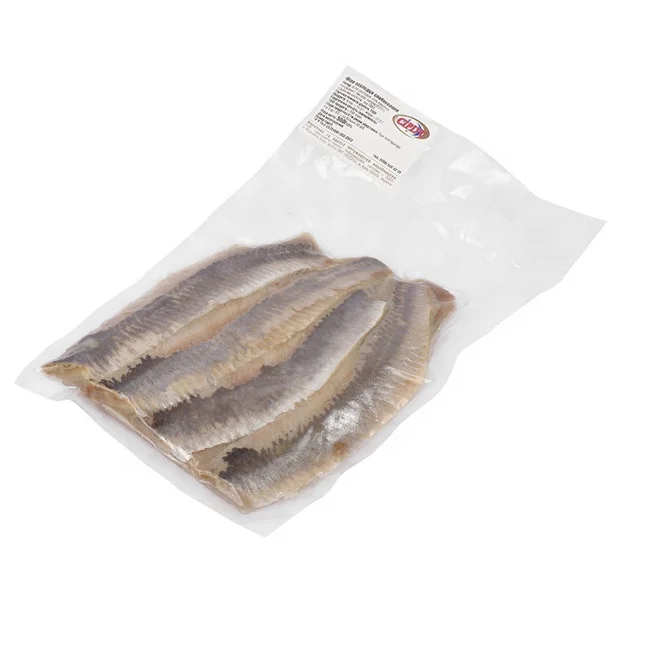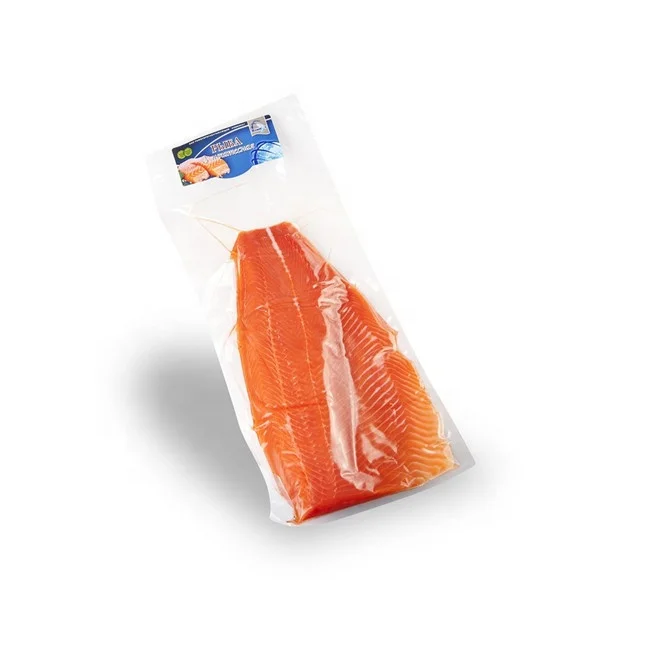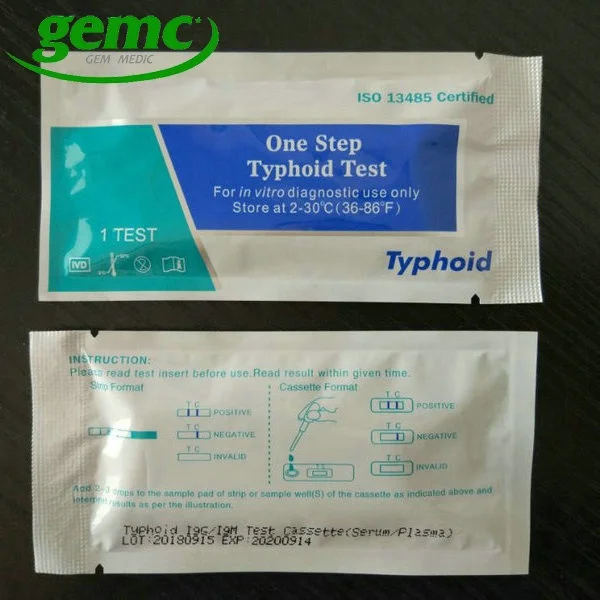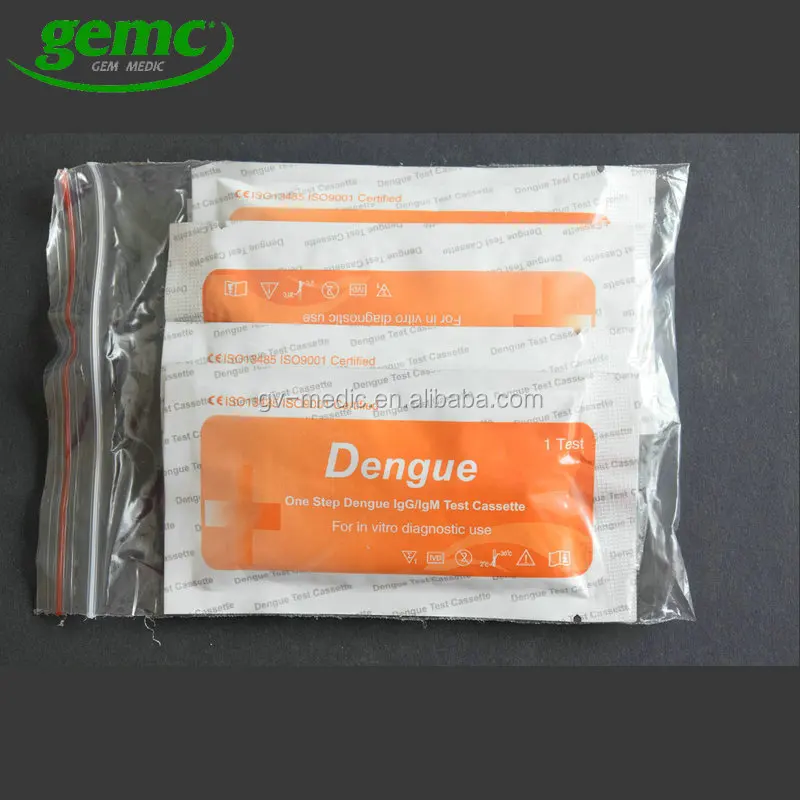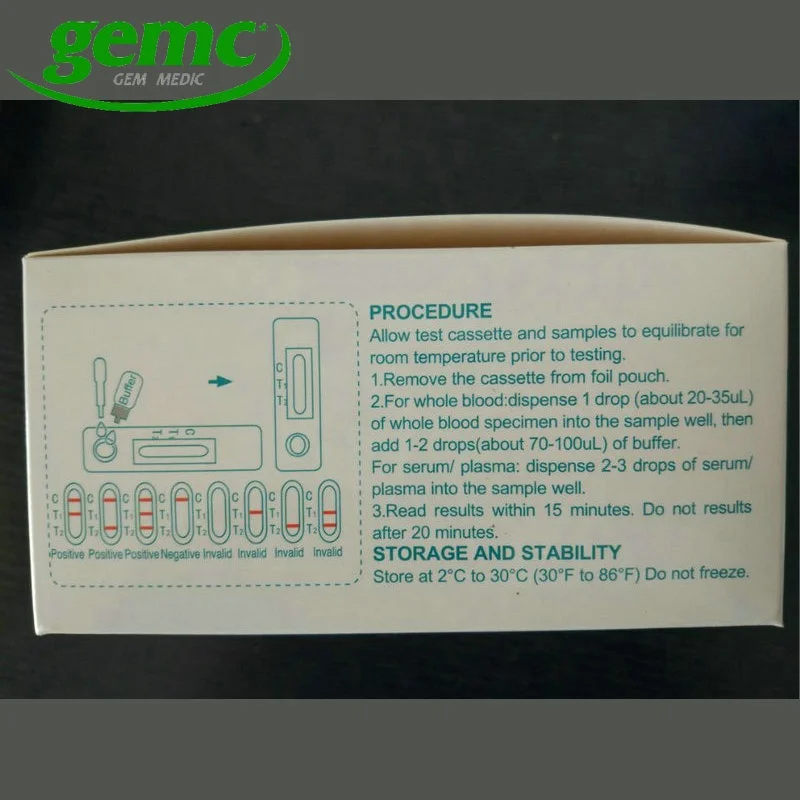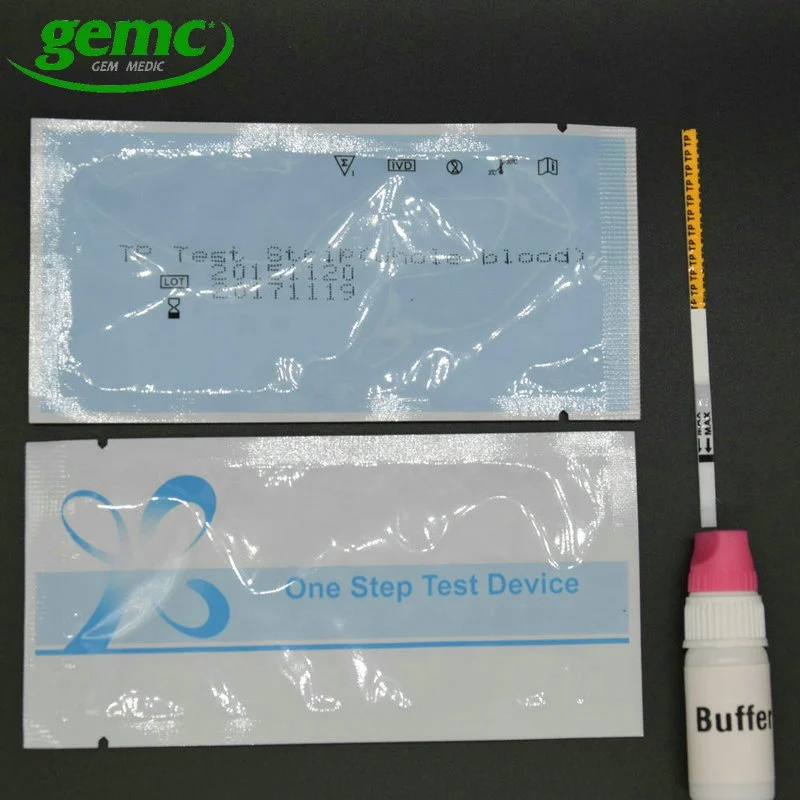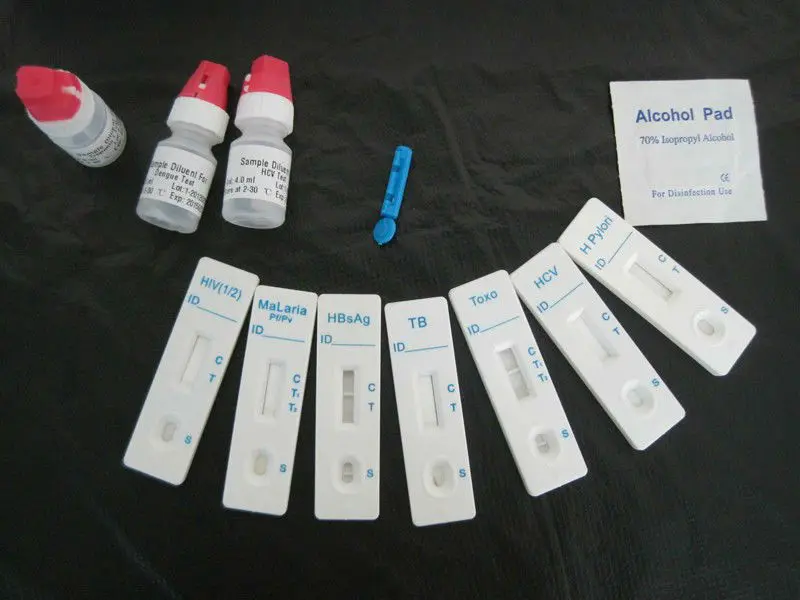Salmon: A Complete Guide to Buying and Enjoying in 2025
Salmon is one of the most popular and nutritious seafood choices worldwide. Whether you're a buyer, chef, or health enthusiast, understanding how to source, select, and use salmon can make a big difference. This guide provides actionable insights for 2025.
How to Find Reliable Salmon from China in 2025
China has become a key player in the global salmon market, offering competitive prices and quality. To ensure reliability:
- Check supplier certifications (e.g., BAP, ASC)
- Review customer feedback on platforms like Alibaba
- Request samples before bulk orders
- Verify cold chain logistics capabilities
What Buyers Should Know Before Buying Salmon from China
Importing salmon requires attention to:
- Customs regulations and import duties
- Seasonal availability (peak months: June-October)
- Minimum order quantities (typically 500kg+)
- Preferred payment terms (30% deposit common)
Types of Salmon
Major varieties include:
- Atlantic Salmon (most common farmed type)
- Sockeye Salmon (deep red flesh, rich flavor)
- Chinook Salmon (highest fat content)
- Coho Salmon (milder taste, versatile)
Functions and Features of Salmon
This superfood offers:
- High-quality protein (20g per 100g serving)
- Omega-3 fatty acids (2-3g per serving)
- Vitamin D (meets 100% DV in one serving)
- Versatility for grilling, smoking, or raw preparations
Scenarios of Salmon
Ideal for:
- Sushi and sashimi restaurants
- Health-conscious meal prep
- Catering and banquet services
- Retail seafood counters
How to Choose Salmon
Selection tips:
- Look for firm, moist flesh
- Check for bright, clear eyes (in whole fish)
- Smell should be fresh, not fishy
- Color should be vibrant (varies by species)
Salmon Q & A
Q: Is Chinese salmon safe to eat?
A: Yes, when sourced from certified farms meeting international standards.
Q: What's the price range for wholesale salmon?
A: $8-$15/kg depending on species, quality, and order volume.
Q: How should I store fresh salmon?
A: Keep at 0-4°C and consume within 2 days, or freeze immediately.
Q: Can I import salmon without a food license?
A: No, proper import permits are required in most countries.
Q: What's the shelf life of frozen salmon?
A: Up to 6 months at -18°C when properly vacuum-sealed.









